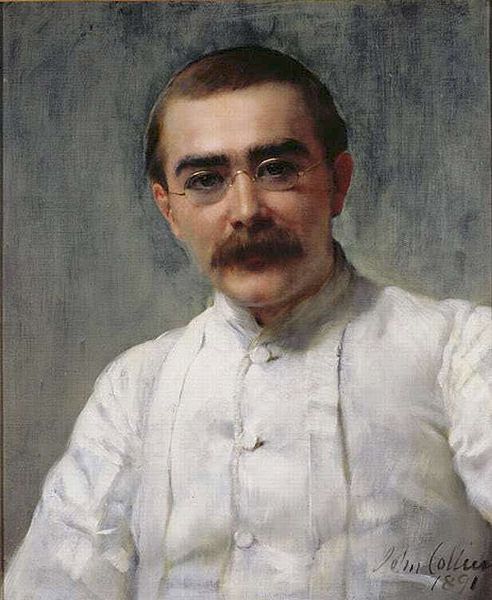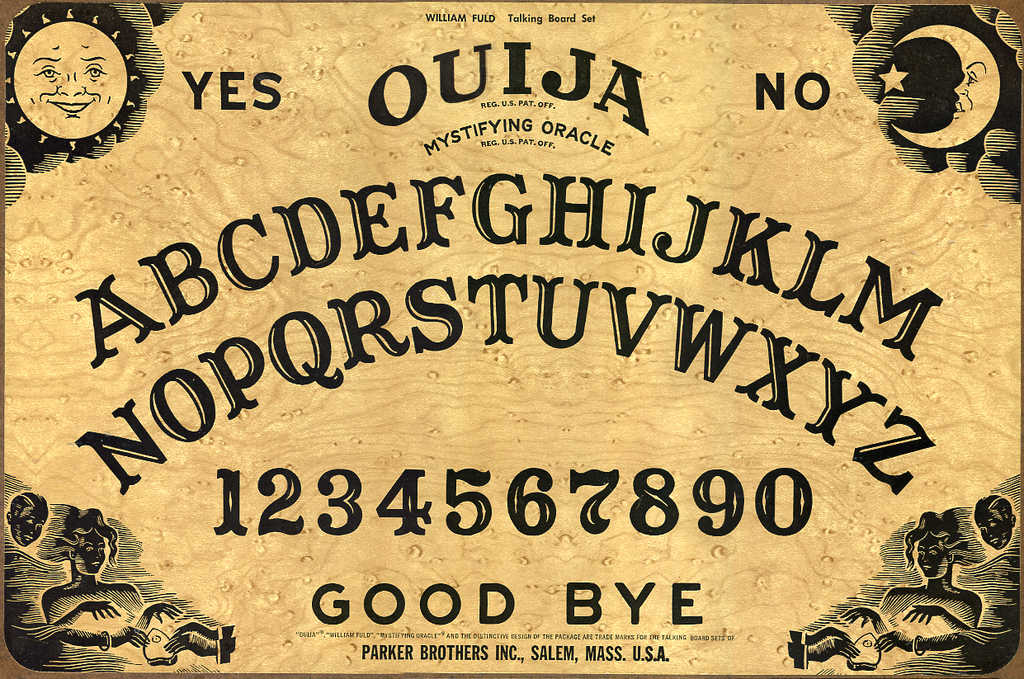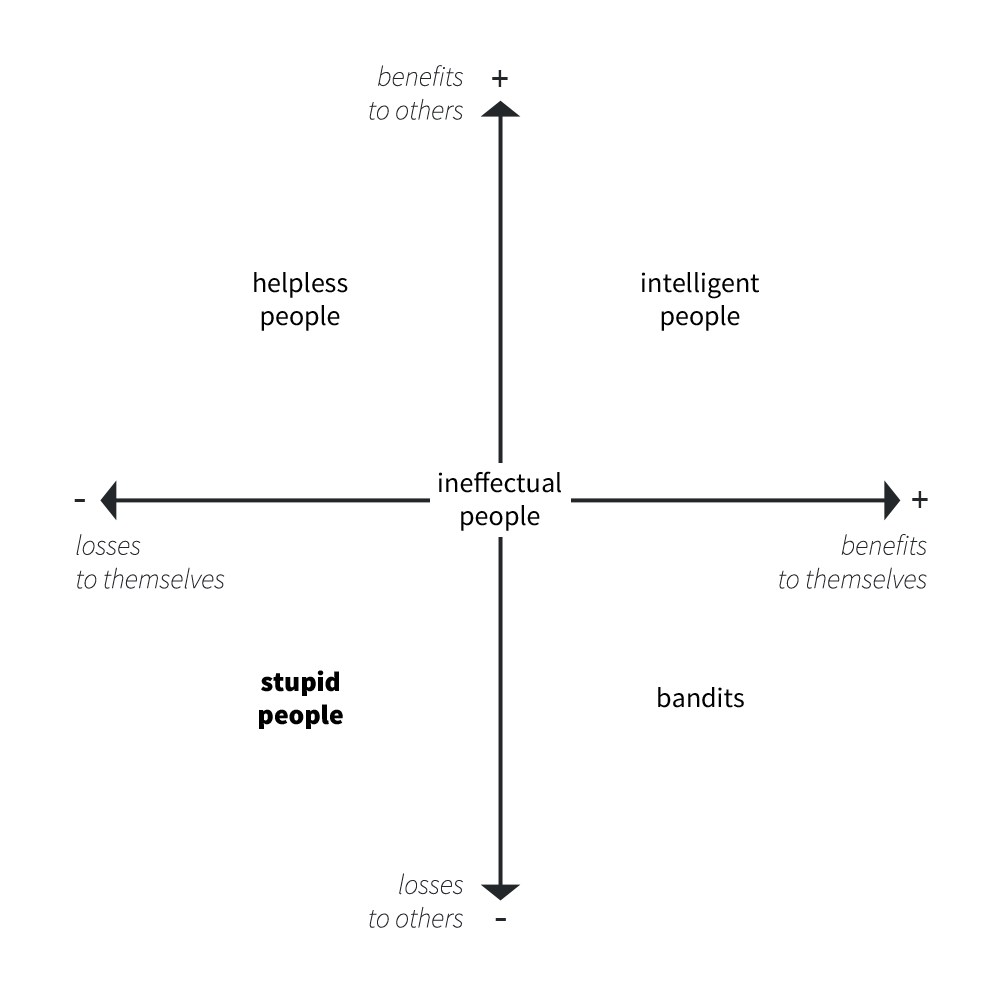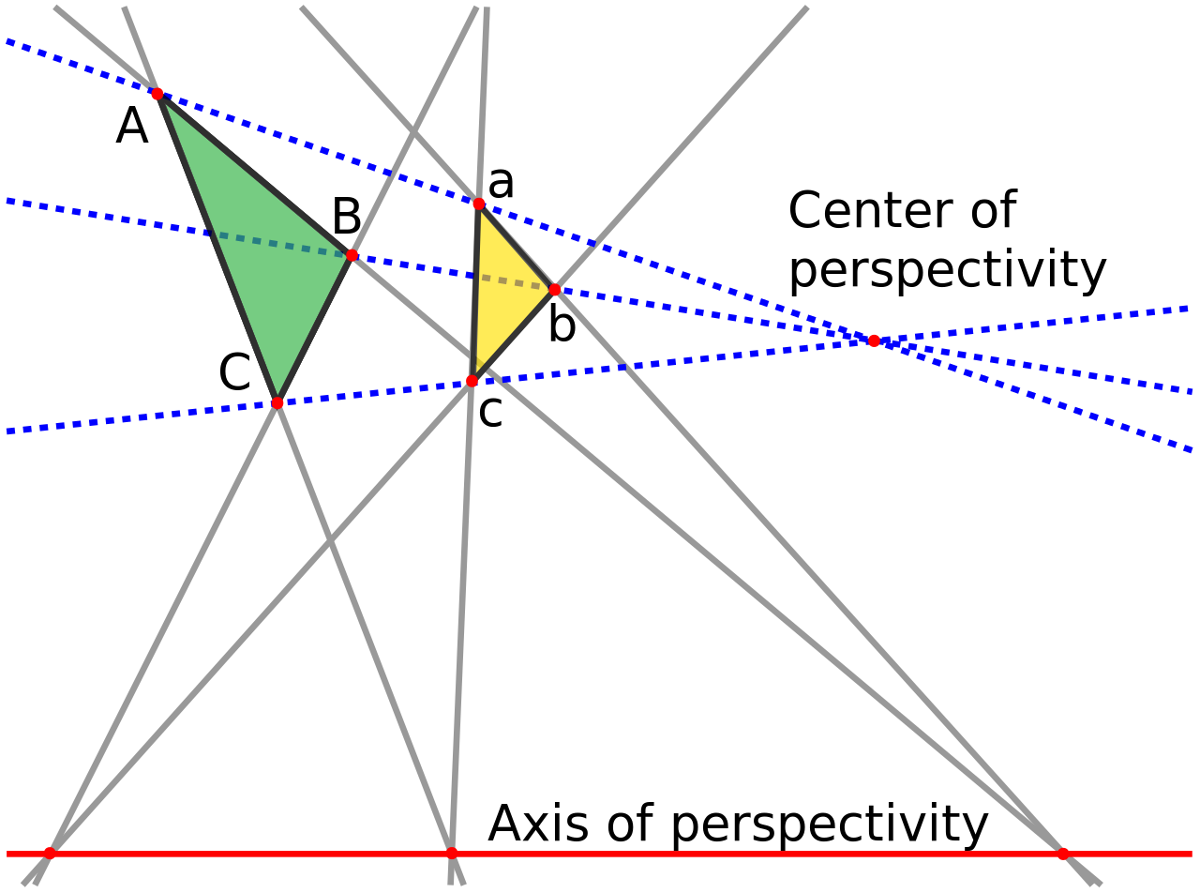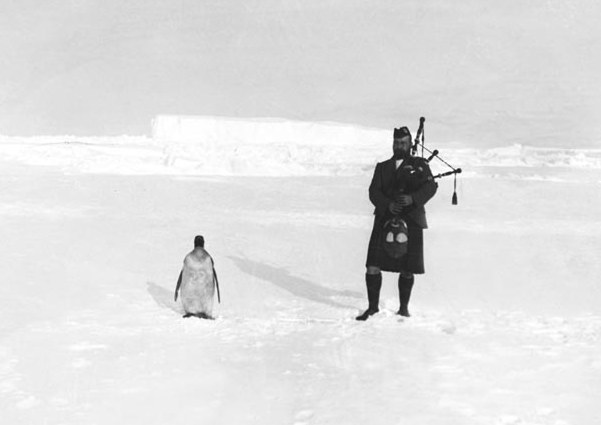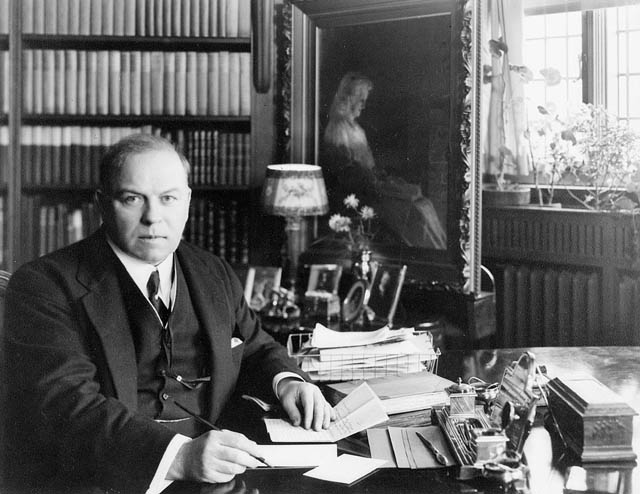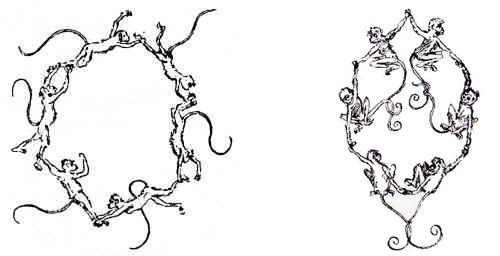
What it’s like to be attacked by the Red Baron:
Richthofen dove down out of the sun and took Dunn by surprise. The first notice I had of the attack was when I heard Dunn from his seat behind me shout something at me, and at the same time a spray of bullets went over my shoulder from behind and splintered the dashboard almost in front of my face.
I kicked over the rudder and dived instantly, and just got a glance at the red machine passing under me to the rear. I did not know it was Richthofen’s. … I endeavoured to get my forward machine gun on the red plane, but Richthofen was too wise a pilot, and his machine was too speedy for mine. He zoomed up again and was on my tail in less than half a minute. Another burst of lead came over my shoulder, and the glass faces of the instruments on the dashboard popped up in my face. I dived again, but he followed my every move. …
Another burst of lead from behind, and the bullets spattered on the breech of my own machine gun, cutting the cartridge belt. At the same time, my engine stopped, and I knew that the fuel tanks had been hit. There were more clouds below me at about six thousand feet. I dove for them and tried to pull up in them as soon as I reached them. No luck! My elevators didn’t answer the stick. …
I was busy with the useless controls all the time and going down at a frightful speed, but the red machine seemed to be able to keep itself poised just above and behind me all the time, and its machine guns were working every minute. I found later that bullets had gone through both of my sleeves and both of my boot legs but in all of the firing, not one of them touched me, although they came uncomfortably close. I managed to flatten out somehow in the landing and piled up with an awful crash. As I hit the ground, the red machine swooped over me, but I don’t remember him firing on me when I was on the ground.
Richthofen instructed his pilots: “Aim for the man and don’t miss him. If you are fighting a two-seater, get the observer first; until you have silenced the gun, don’t bother about the pilot.”
(From Floyd Gibbons’ The Red Knight of Germany, 1927, quoting British lieutenant Peter Warren.)


